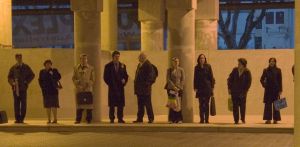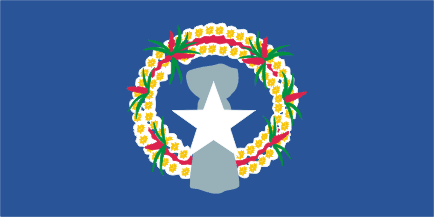Elin Nordegren broke her silence today and gave her side of the story today telling the world how shocked and embarrassed she was by Tiger’s infidelity. She also defended the marriage, saying that the marriage was real, not orchestrated for the cameras and sponsors.
In our practice at Romben Law, APC, we have seen many marriages, like Elin and Tiger’s which were entered into for love, completely genuine marriages and yet within years (sometimes a lot sooner), the marriage goes awry. For those immigrants whose conditional greencards were based on marriages to US citizens, these men and women find themselves in a situation like Elin, telling their stories to the USCIS, actually defending themselves from deportation, that even though their marriage didn’t survive the test of time, it was not a marriage of convenience for immigration purposes.
If a marriage fails anytime before someone naturalizes, a person who immigrated through marriage will later be summoned by the USCIS for an intense and very uncomfortable interview in order to maintain their permanent residency – even at the time of applying for citizenship. Such interviews can even occur years after the marriage and divorce, so recounting the facts of a relationship and providing the documentation to verify the facts of the courtship, the wedding or civil ceremony, then detailing the timeline of marriage, separation and divorce is more than just burdensome, it’s sometimes impossible. attorneys at Romben Law, APC have defended clients in such interviews, which can take several hours! Not to mention the legal briefing and the administrative review that can take months to years in the most complicated cases.
 The USA naturalizes about 680,000 new citizens per year, at ceremonies across the USA and around the world. For many immigration law clients of Romben Law, APC, US citizenship is their goal. For many, US citizenship is the culmination of a life-long dream.
The USA naturalizes about 680,000 new citizens per year, at ceremonies across the USA and around the world. For many immigration law clients of Romben Law, APC, US citizenship is their goal. For many, US citizenship is the culmination of a life-long dream. Immigration Visa Attorney Blog
Immigration Visa Attorney Blog




 On the occasion of Pride Month, the US Department of State has announced a change in policy regarding the way that sex and gender reassignment are noted on US passports. The
On the occasion of Pride Month, the US Department of State has announced a change in policy regarding the way that sex and gender reassignment are noted on US passports. The  All immigration law attorneys must deal with foreign countries, unique international legal issues, and some quaint interpretations of law. The lawyers at Los Angeles’ Romben Law, APC are no exception, and in fact, this recent change affects some of our clients who do business in or own businesses in the Commonwealth of the Northern Mariana Islands (CNMI).
All immigration law attorneys must deal with foreign countries, unique international legal issues, and some quaint interpretations of law. The lawyers at Los Angeles’ Romben Law, APC are no exception, and in fact, this recent change affects some of our clients who do business in or own businesses in the Commonwealth of the Northern Mariana Islands (CNMI).